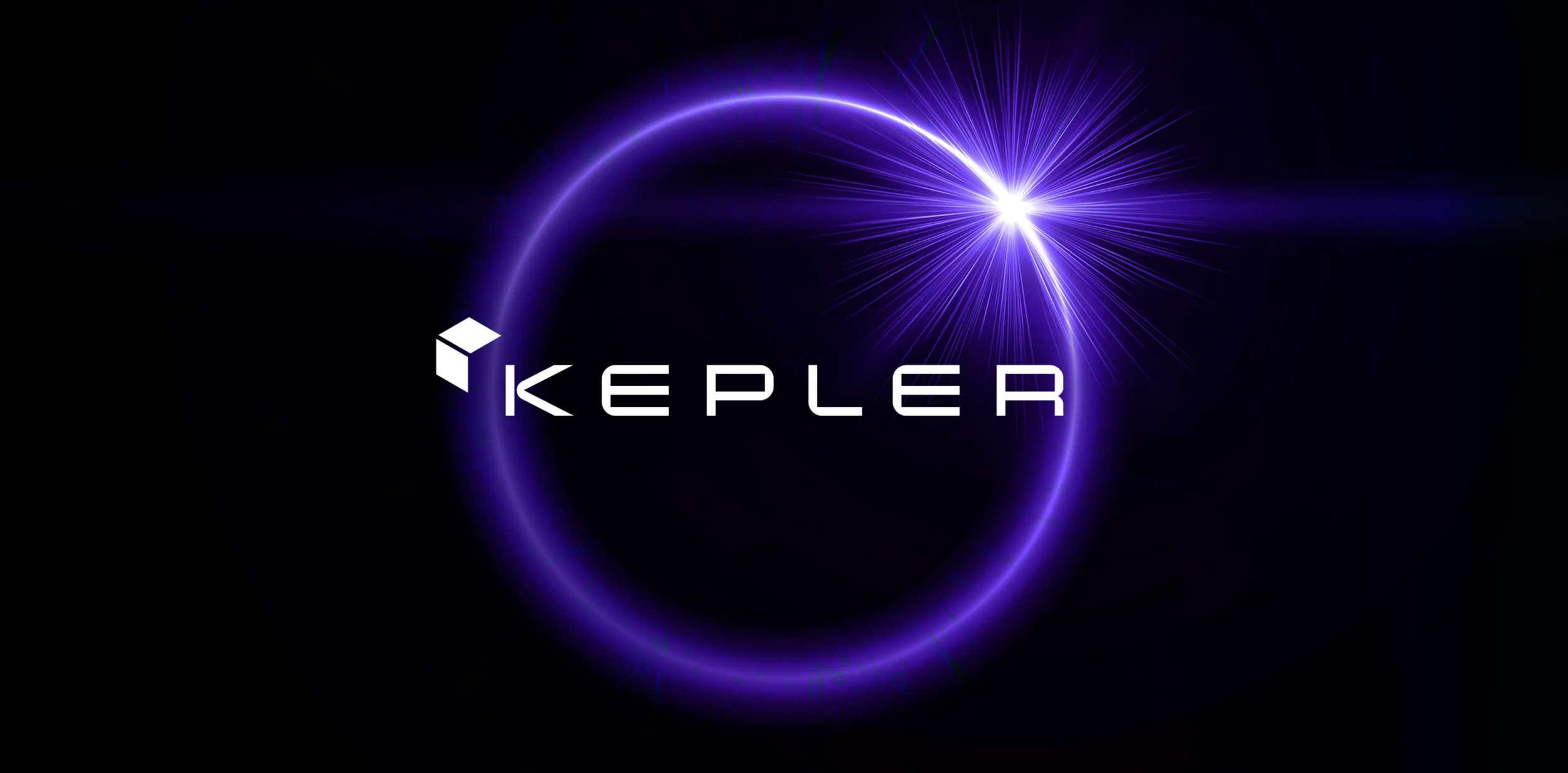Kepler Wins Space Development Agency HALO Contract
Kepler Communications US Inc., a subsidiary of Kepler Communications, have announced that they have been awarded a prime position on the Space Development Agency’s (SDA’s) Hybrid Acquisition for proliferated Low-earth Orbit (HALO) contract. SDA expects to initiate and award multiple contracts each year through the HALO effort.
Kepler will be part of a pre-qualified pool of candidates eligible to compete for specific flight demonstration systems with SDA. The contract will be a flexible and fast contracting vehicle to support the Tranche 2 Demonstration and Experimentation System (T2DES) and other demonstration projects.
“SDA is proud to welcome 19 vendors into the first-ever HALO pool,” said SDA Director Derek Tournear. “This creative award solution enables SDA to quickly compete, build, and fly demonstration missions to burn down risk for the future of the Proliferated Warfighter Space Architecture. We also hope, through the HALO pool, to build a broader base of vendors that can compete for work on operational layers of future tranches.”
HALO is limited to non-traditional defense contractors and is designed to increase the pool of US companies qualified to bid on future SDA programs.
“Kepler is thrilled to be selected for the SDA HALO contract and believes our proven successes and rapid innovation will align with the demonstration prototype orders SDA designates for this contract acquisition vehicle,” said Robert Conrad, Vice President of Business Development for Kepler US. “As a leader in optical data relay technology, Kepler is well-positioned to provide meaningful satellite prototypes and optical demonstrations for SDA programs.”
Founded in 2015, Kepler has rapidly grown into a global company with cutting-edge, proven optical data relay capabilities to support critical defense and commercial efforts in space. The Kepler Network provides customers with always-available coverage in low Earth orbit (LEO) with sub-second end-to-end latency, gigabit throughputs, and onboard processing to enable access to space-generated data in real time.
